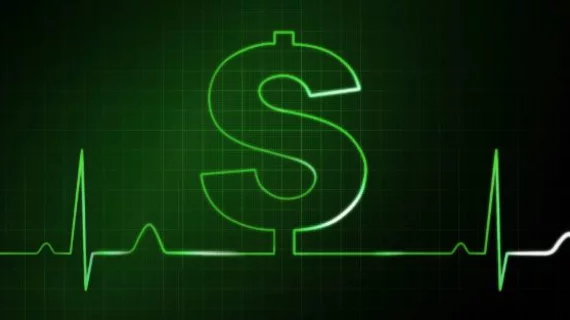Winterlight Labs raises $4.2M for AI-powered cognitive health solution
Winterlight Labs, a Toronto-based healthcare technology company, has raised $5.6 million CAD ($4.2 million USD) in a new funding round led by Hikma Ventures.
The funding is expected to go toward the continued development of Winterlight’s AI solution for evaluating patients’ cognitive health using a one-minute sample of their own speech patterns. The solution can presently detect dementia, aphasia and other disorders, and Winterlight hopes to soon expand its technology to cover schizophrenia and multiple sclerosis.
“We are happy to have Hikma Ventures and other investors join Winterlight Labs in our mission to improve the lives of people with dementia and other psychiatric illnesses,” Liam Kaufman, co-founder and CEO of Winterlight Labs, said in a prepared statement. “The technology our team is creating will reshape the way healthcare systems track, screen for and assess the effectiveness of treatments for various central nervous system diseases.”
“We are very excited to enter into the field of vocal diagnostics by leading the investment in Winterlight Labs,” Lana Ghanem, managing director of Hikma Ventures, said in the same statement. “We recognize the global potential of voice analysis for the diagnosis, monitoring and ongoing treatment of various diseases and look forward to working with the team and our co-investors to help advance the technology and expand disease areas and geographies covered, especially in the Middle East and North Africa.”

